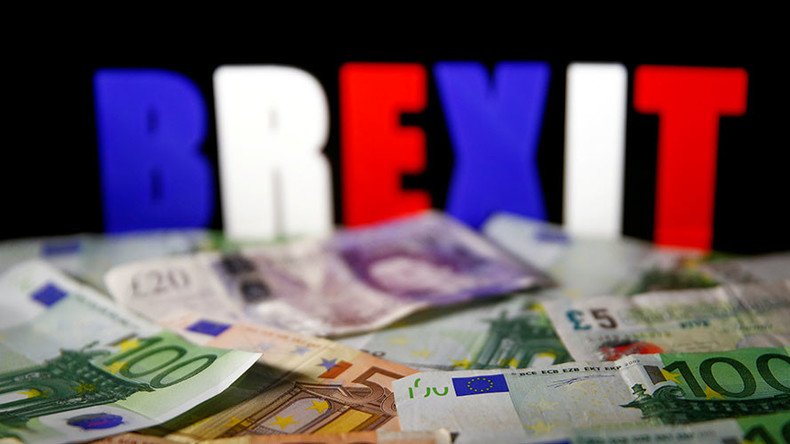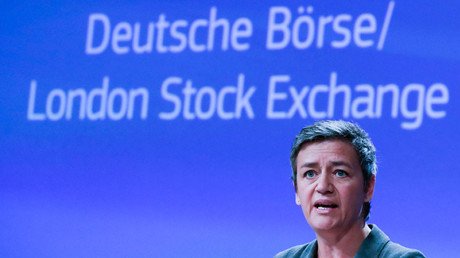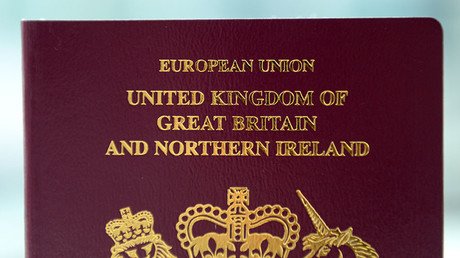Almost half German companies favor 'hard Brexit' Single Market exclusion for UK – survey

Very nearly half of German enterprises support the idea of completely excluding the UK from the EU Single Market if it does not adhere to the principle of four freedoms, a recent survey conducted by the multinational professional services firm Deloitte says.
A total of 49 percent of companies surveyed said that the EU’s goal in its negotiations with the UK should be “complete exclusion of the United Kingdom from the Single Market” in case it refuses to accept the four freedoms lying at its core, including the free movement of persons that currently allows EU citizens to live and work in every country of the union.
Twenty-six percent of German companies supported the idea of allowing the UK to keep its access to the EU Single Market, even if it would mean giving up on the free movement of people, a survey conducted by Deloitte in April says. At the same time, 24 percent of firms favored signing a free trade agreement between the EU and the UK similar to the one signed with Canada.
Most German companies are also skeptical about the prospects of the Brexit negotiations, as 39 percent of them said the talks would lead only to a provisional transition agreement facilitating further discussion on the matter, while another 29 percent said that the talks would just continue further.
Almost one-third of the German enterprises believe that the negotiations between the EU and the UK could lead to signing a free trade agreement, while 20 percent believe that this process would end up with no agreement at all and would be followed by an “uncontrolled Brexit without transition regulations.”
The German companies also fear that Brexit would have profound negative effects on the future of the European Union, as 46 percent of them believe that it could eventually lead to the fragmentation and weakening of the EU as well as to other countries leaving the bloc.
More than a third of those questioned also fear that it would provoke the strengthening of populist and protectionist forces within the EU, as well as weakening the union’s market-oriented economic policy, while only 39 percent assume that it would give a boost to the multi-speed development of Europe.
Between 32 and 38 percent of companies also see increased complexity and costs in doing business with the UK arising from various legal and tax regulations as the biggest risks after Brexit. About a third of them are also concerned with potentially lower export opportunities driven by customs duties and differences in various regulations.
Forty-six percent of German companies said they would invest less in the UK in case of a “hard Brexit,” while 36 percent of them said they would consider a relocation of their assets to other European countries in that case. About a third of the enterprises surveyed said they would introduce a different pricing mechanism in the UK to cover higher costs.
In the meantime, the survey shows that Germany could actually benefit from Brexit as 49 percent of enterprises questioned said that it would strengthen Germany as a financial center, while 44 percent of them said they were planning to relocate their current British assets to Germany, as Brexit could potentially boost Germany’s attractiveness as a target for foreign direct investments and make it a “European hub” for “start-ups and high-tech companies.”
More than one-third of the firms that took part in the survey also said that Brexit would lead to less competition in the European market, calling it the biggest opportunity associated with the UK leaving EU.
The survey was conducted by Deloitte together with the ResearchNow online market research company between April 11 and April 19, 2017. It involved 250 large German companies from various industry sectors, ranging from mechanical engineering and the chemicals industry to banking, retail and the media. The companies surveyed have an annual turnover ranging from €100 million to €15 billion with more than a half of them having a turnover exceeding €1 billion.















